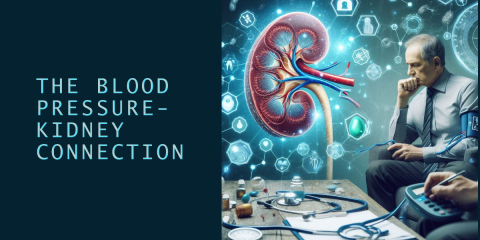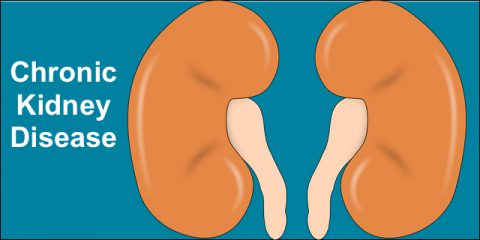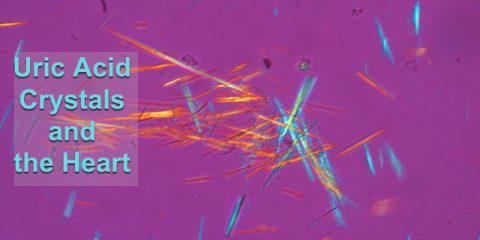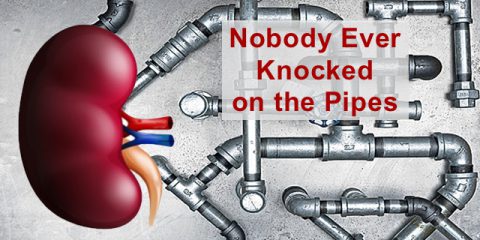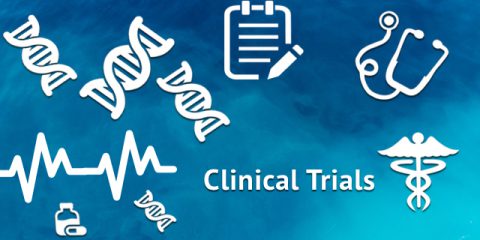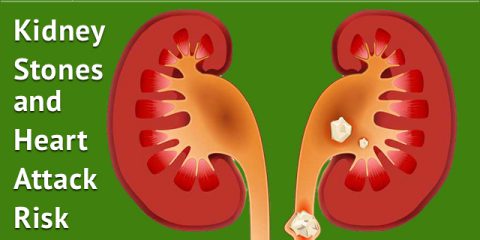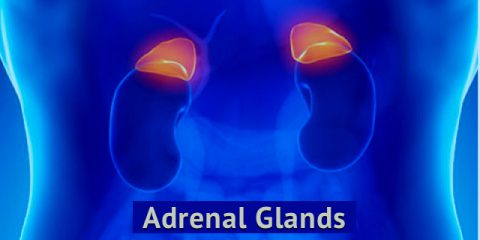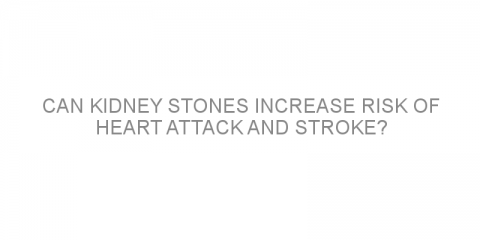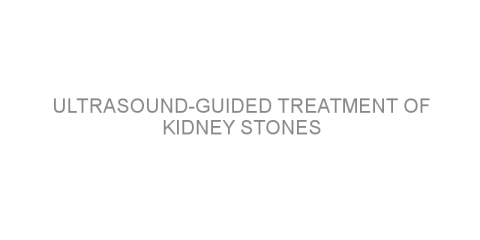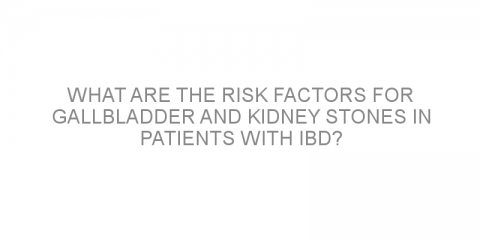It doesn’t seem possible that high blood pressure numbers can damage kidneys. But the way kidneys work can give you an understanding of the reason. Below is a video explaining the kidneys and blood pressure connection, especially the important filtration parts of the kidneys–nephrons. The kidneys and blood pressure connection...
Read MoreKidney stones Posts on Medivizor
A Silent Condition: Chronic Kidney Disease
March is National Kidney Month. People don’t think about their kidneys until something goes wrong with them. Several Medivizor blog posts have described the structures in the kidney, the connection between kidneys and blood pressure, and kidney stones and the risk of heart attack or stroke. Chronic Kidney Disease is another kidney problem but it is...
Read MoreWhich type of procedure is most effective and safe for patients with kidney stones?
In a nutshell This study compared two types of percutaneous nephrolithotomy (PCNL) procedure to treat patients with kidney stones. The results showed that miniaturized PCNL (mPCNL) was slightly more effective and as safe as standard PCNL (sPCNL). Some background Percutaneous nephrolithotomy (PCNL) is a procedure to treat patients with kidney...
Read MoreUric Acid, Gout and the Heart
You may think of Henry VIII when you think of gout. Called the disease of kings, many associate it with excess. Gout is actually a common disease. Over three million people in the US diagnosed with gout every year. Gout is a builds up of uric acid in tissues, especially in the joints. Uric acid is a byproduct the digestion of purines, a natural substance...
Read MoreNobody Ever Knocked on the Pipes
by Peigi Chace* Warning: The story below contains references to unpleasant subjects, including carsickness, infection, and a suffering kidney, and may not be suitable for all readers. I felt fine. My friend Andy and I were rolling down the highway in my little red car on the way to Virginia. Andy supplied the snacks and the selection of music. Because Andy...
Read MoreClinical Trials Today
Prior to the 20th century, most people lived about 47 years in the developed world because of infectious diseases. In 1940, the first use of penicillin to treat infectious diseases occurred and penicillin became available in 1945 to the general public. Science and research conducted throughout the 1950s, 60s, and 70s, created more antibiotics so that life...
Read MoreKidney Stones and the Risk of Heart Attack and Stroke
As I laid on the emergency room’s hospital bed, a volunteer said, “I’ve had seven children and kidney stones. I’d take labor pains over kidney stone pain anytime.” Although I’m not sure I completely agree, I do know that pain from kidney stone, called renal colic, can be excruciating. Over half a million people in the US...
Read More5 Things You Probably Didn’t Know About Your Adrenal Glands
The adrenal glands-which are also called suprarenal glands-are part of the endocrine system and are found on the top of each kidney. How the endocrine system hormones work Hormones secreted from glands of the endocrine system travel in the bloodstream to target cells. Target cells have receptors that are specific to each hormone. The hormones and receptors...
Read MoreCan kidney stones increase risk of heart attack and stroke?
In a nutshell This study researched the evidence that kidney stones increase risk of coronary heart disease (CHD – narrowing of blood vessels in the heart that may lead to heart attack) and stroke. The study found that kidney stones increase the risk of CHD and stroke. Some background Kidney stones are a common problem that can lead to...
Read MoreWhat is the best type of surgery for kidney stones?
In a nutshell This study compared two different types of surgery to remove kidney stones. The study found that an incision through the skin increased the chances of removing large kidney stones. Some background Kidney stones are a common problem which can cause severe pain in patients. Retrograde intrarenal surgery (RIRS) involves the use of...
Read MoreUltrasound-guided treatment of kidney stones
In a nutshell This study researched the effectiveness of ultrasound to guide treatment of kidney stones. Researchers concluded that ultrasound-guided treatment was similar in effectiveness and outcomes to the standard-of-care using X-ray imaging. Some background Kidney stones are a common health problem that can cause severe pain and affect...
Read MoreWhat are the risk factors for gallbladder and kidney stones in patients with IBD?
In a nutshell This study looked at the risk factors for gallstones and kidney stones in patients with inflammatory bowel diseases (IBD – Crohn’s disease [CD] and ulcerative colitis [UC]). The study found that active inflammation in the bowel, as well as long-term NSAID use, were linked with kidney and gallbladder stones. Some background...
Read More
